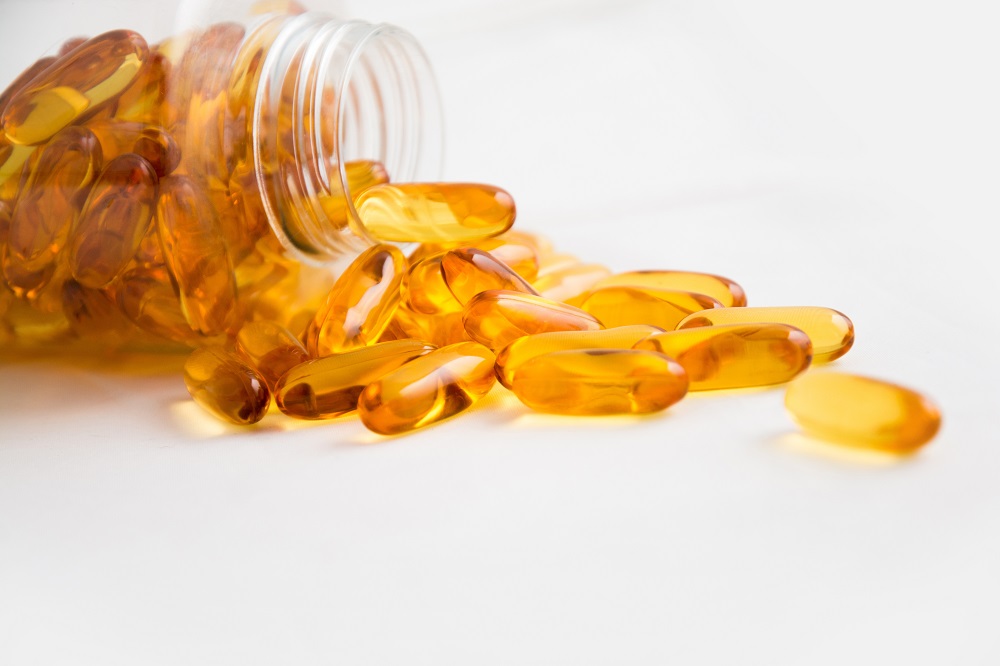Autism spectrum disorder is hard enough when your child is thriving through therapies that work for them, but when you can’t find something suitable, the struggle can be hellish. As autism awareness rises and research delves further into the disorder, more and more alternative treatments are being found that can be effective for your child’s unique circumstances, treatments like:
Gluten-free, Casein-free Diet
The idea behind this tact is the thought that children on the spectrum absorb the gluten and casein found in wheat and dairy products differently than typically developing children do. It’s thought this might lead to adverse effects on brain function, and while there is no scientific evidence to support this treatment, anecdotal reports from parents abound. Many swear by the dietary change, stating they’ve seen vast improvements in their children, but there is one known downside: children on this diet tend to present with lower bone density than children on a more balanced diet, raising the risk of osteoporosis.
Nutritional Supplements
There is some evidence that ASD children tend to be deficient in certain vitamins and minerals, leading researchers to examine possible links between dietary supplementation and reduced autism-related symptoms. A daily multivitamin is efficacious and safe for anyone, but some parents choose to delve deeper: vitamin B12 injections are a popular complementary treatment thought to protect against oxidative stress, evidence of which has been seen in some autistic children.
A pilot study found that some children exhibited improved language, communication, and social behaviors after six weeks of B12 injections. Another popular supplement is omega-3 fatty acids, which some studies have suggested can reduce hyperactivity and repetitive behaviors, while improving socialization.
Melatonin
More than half of autism spectrum children suffer from a sleep disorder, the most common of which is insomnia. Melatonin is a naturally occurring hormone responsible for regulating the circadian rhythm, keeping the sleep-wake cycle in check. For children who struggle to get restful sleep, a nightly dosage of melatonin can help them to fall asleep and stay asleep. A small study found that, while dosages differed for each child, sleep onset was improved within just one week of starting the melatonin regimen.
Medical Marijuana
In states where medical cannabis is legal, this can be a wonder drug for ASD children. Though studies are limited, what research is available shows that cannabis can drastically reduce aggressive or self-harming behaviors, increase communication, and help ASD children return to daily life.
If you’re worried about the side effects of combusting and inhaling cannabis or don’t want your child getting high, Wholistic Pediatrics & Family Care states that medical cannabis is available in a variety of forms—vapor, capsules, oils, and even nasal applications. They also point out that most medical marijuana is bred for high CBD content and low THC content, which is the compound responsible for the euphoric high associated with marijuana smoking. CBD is non-psychoactive and has many treatment possibilities with very few side effects.
Autism is a never-ending struggle not just for the one diagnosed, but also for their loved ones. Seeing your child suffer and feeling like you have little recourse is a suffocating burden, but new therapies for autism spectrum disorders come about seemingly every day; maybe one of these will help your family find relief.

